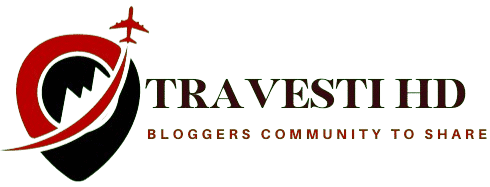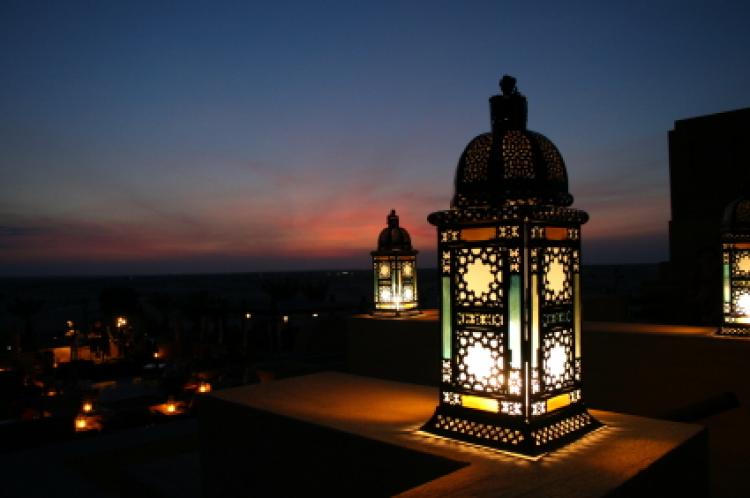Introduction
As the holy month of Ramadan approaches, many communities in the USA prepare to observe this significant time. Ramadan is not just about fasting; it’s a period of reflection, prayer, and community. But how is this holy month celebrated across the diverse landscapes of the United States? Let’s explore the traditions, challenges, and media coverage that shape Ramadan in the USA.
Understanding Ramadan
What is Ramadan?
Ramadan is the ninth month of the Islamic lunar calendar, observed by millions of Muslims worldwide. It commemorates the month when the Quran was revealed to the Prophet Muhammad. During this month, Muslims fast from dawn until sunset, refraining from food, drink, and other physical needs.
Significance of Ramadan
The significance of nmweek.com goes beyond fasting. It’s a time for spiritual growth, self-discipline, and increased devotion. Muslims engage in prayers, read the Quran, and give to charity, reinforcing their faith and community ties.
How Ramadan is Observed in the USA
Community Events and Gatherings
In the USA, Ramadan is celebrated with various community events. Mosques host nightly prayers (Taraweeh) and special gatherings for iftar—the meal to break the fast. These events foster a sense of community, inviting people from all backgrounds to join in.
Iftar Traditions
Iftar is a cherished tradition during Ramadan. Families and friends come together to break their fast, often with dates and water, followed by a larger meal. Many organizations and mosques offer free iftar meals to those in need, promoting inclusivity and charity.
Ramadan and the Media
Coverage of Ramadan in News
Media coverage of Ramadan in the USA has evolved, showcasing a more nuanced understanding of the Muslim community. News outlets often highlight stories about local celebrations, charitable events, and interfaith dialogues that promote awareness and understanding.
Positive Stories and Features
During Ramadan, many news platforms feature positive stories that highlight community efforts, personal experiences, and the significance of Ramadan. These stories play a vital role in bridging cultural gaps and fostering empathy among different communities.
Challenges Faced by Muslims During Ramadan
Health and Wellness
While Ramadan is a spiritually rewarding time, it can also pose health challenges. Fasting for extended hours requires careful planning to maintain hydration and nutrition. Many Muslims consult with healthcare professionals to ensure they fast safely, especially those with pre-existing health conditions.
Navigating Work and School
Balancing fasting with work or school commitments can be tricky. Muslims often need to adjust their schedules, taking breaks for prayer or modifying their meal times. Some workplaces and schools accommodate these needs, promoting a supportive environment.
The Role of Technology
Apps and Online Resources
Technology plays a significant role during Ramadan. Numerous apps provide prayer times, Quran readings, and reminders for fasting. These resources help Muslims stay connected to their faith, no matter where they are.
Social Media Engagement
Social media platforms become vibrant spaces for sharing experiences during Ramadan. Many users post about their daily iftar meals, prayers, and reflections, creating a sense of community online. This engagement helps spread awareness and fosters connections across different cultures.
Conclusion
Ramadan in the USA is a time of celebration, reflection, and community. Despite the challenges that may arise, the spirit of Ramadan shines brightly, bringing people together. As we approach this holy month, it’s essential to recognize and support the diverse ways in which it is celebrated.

